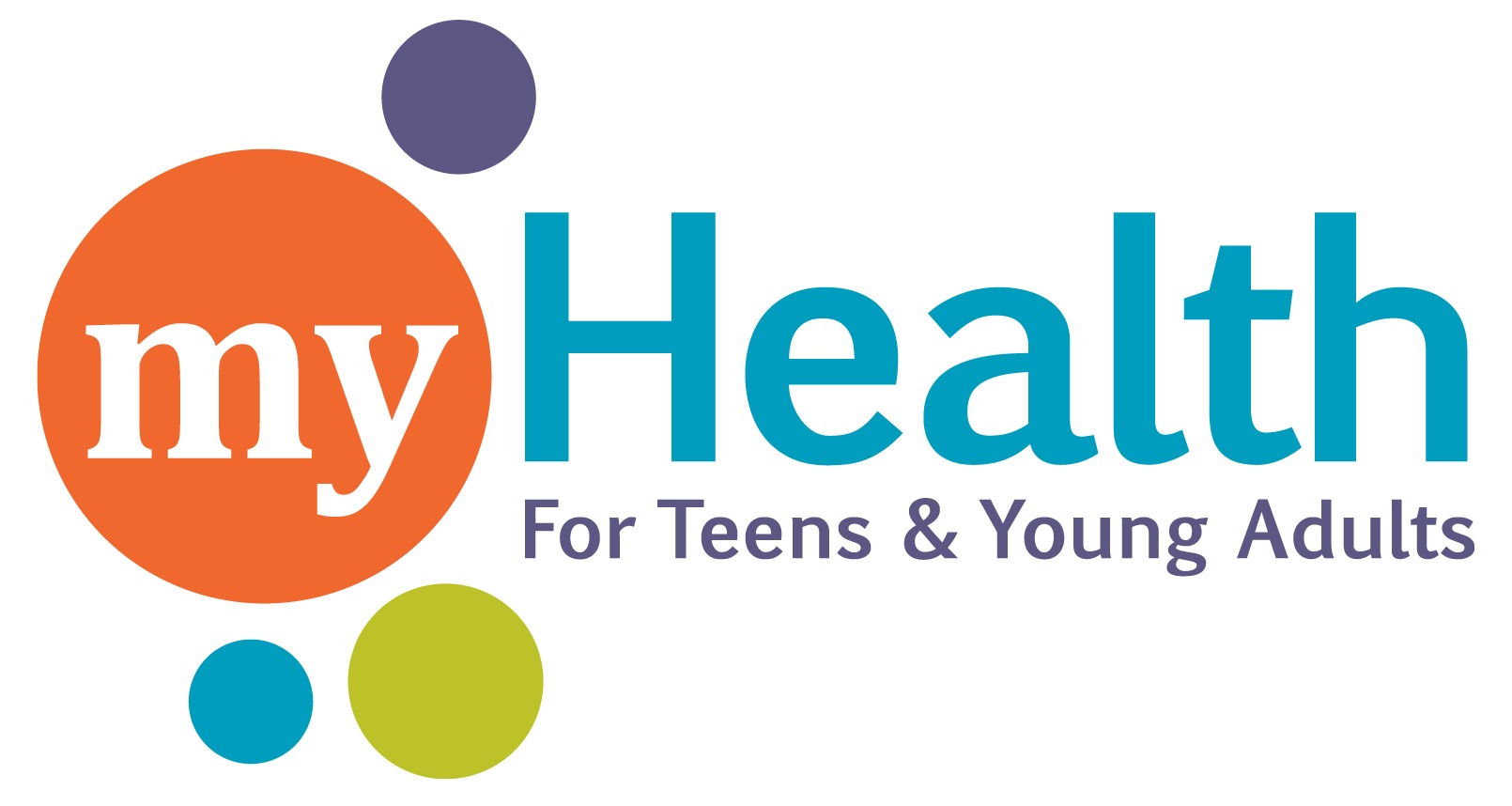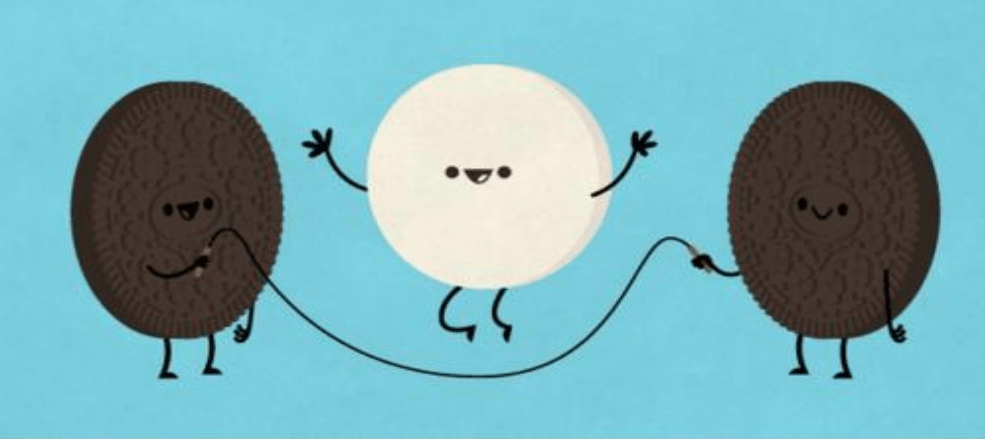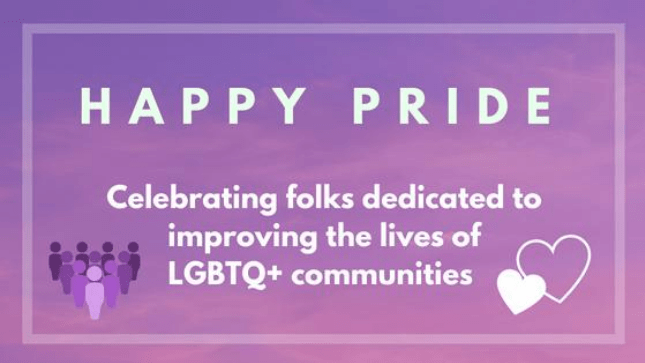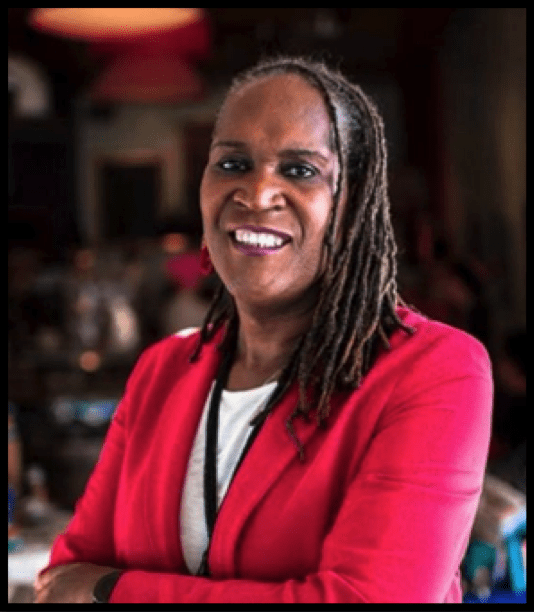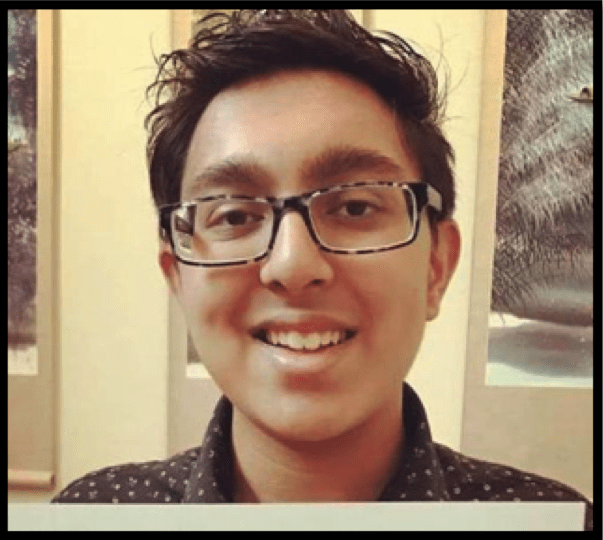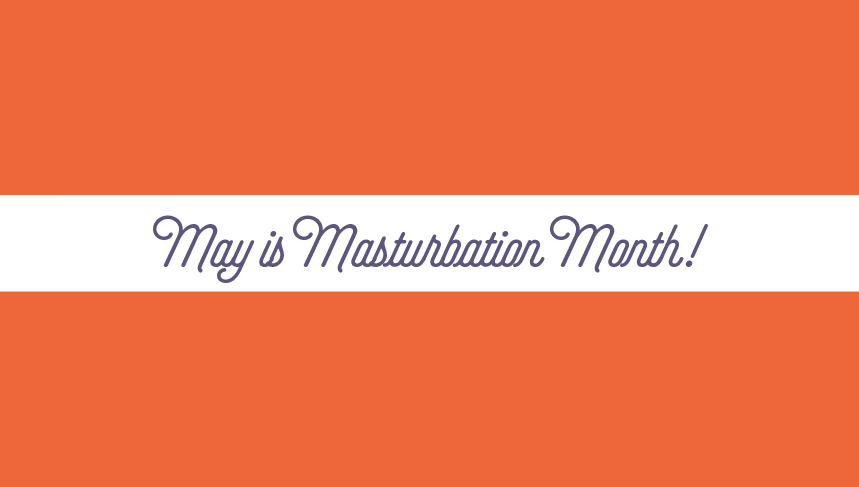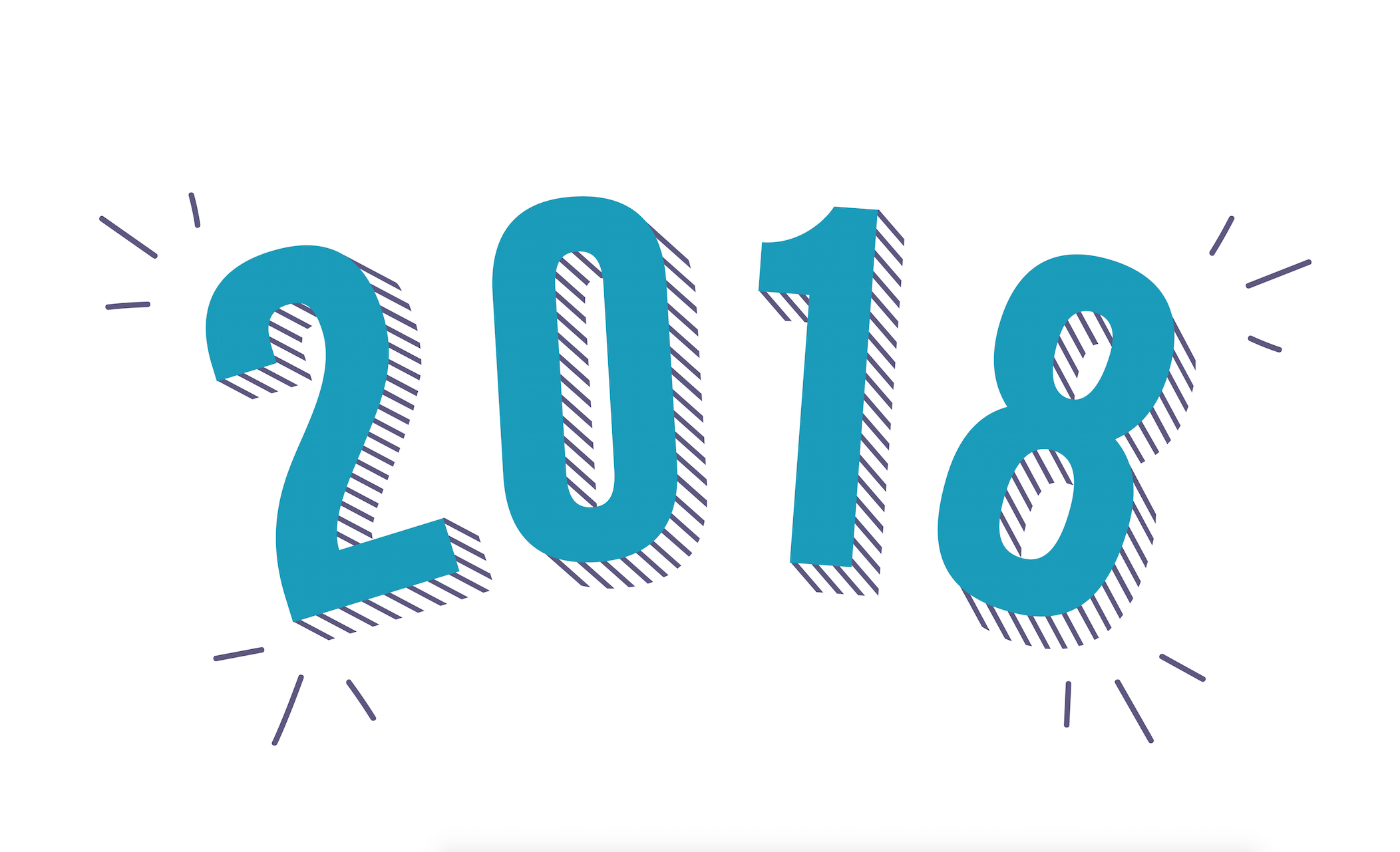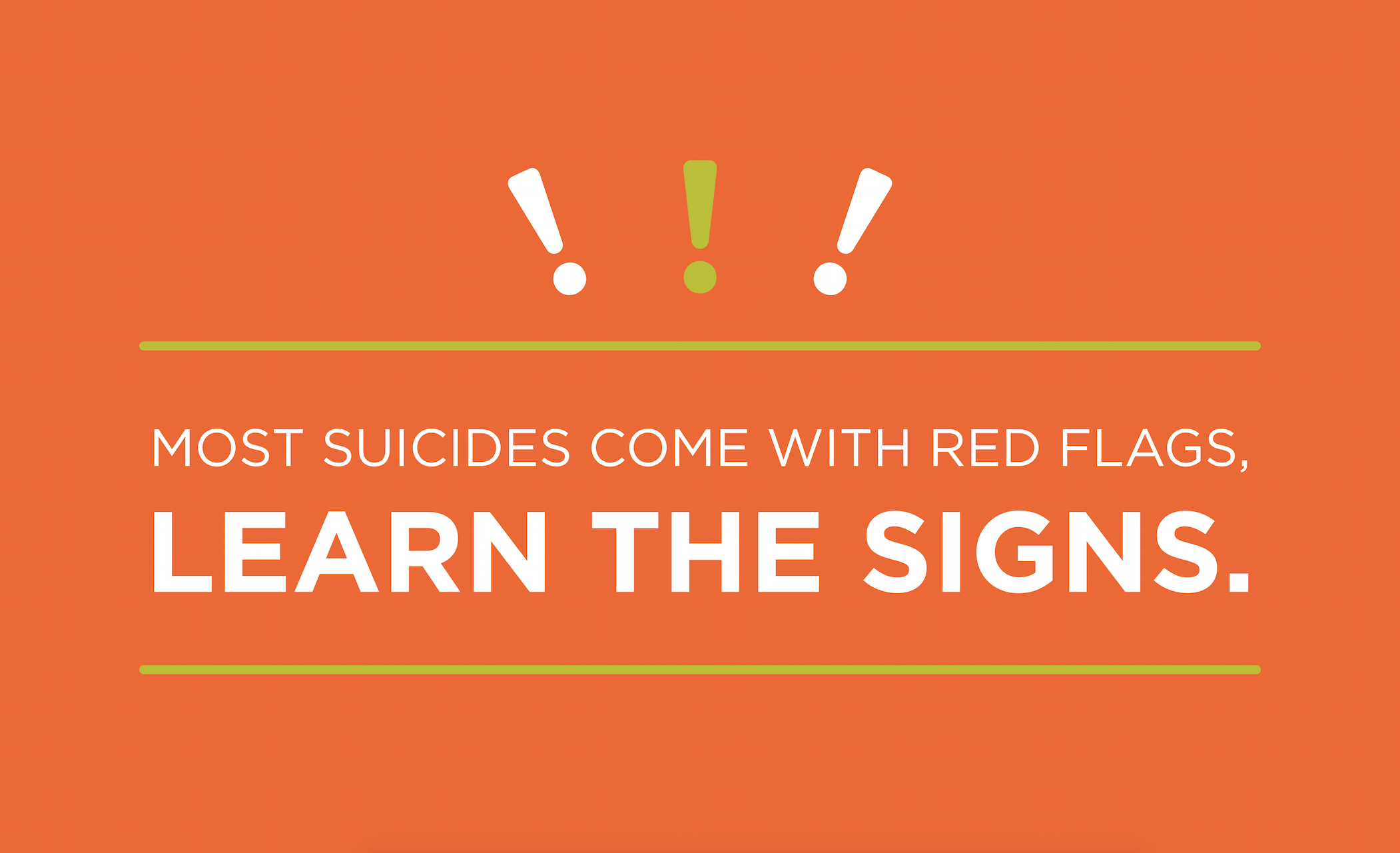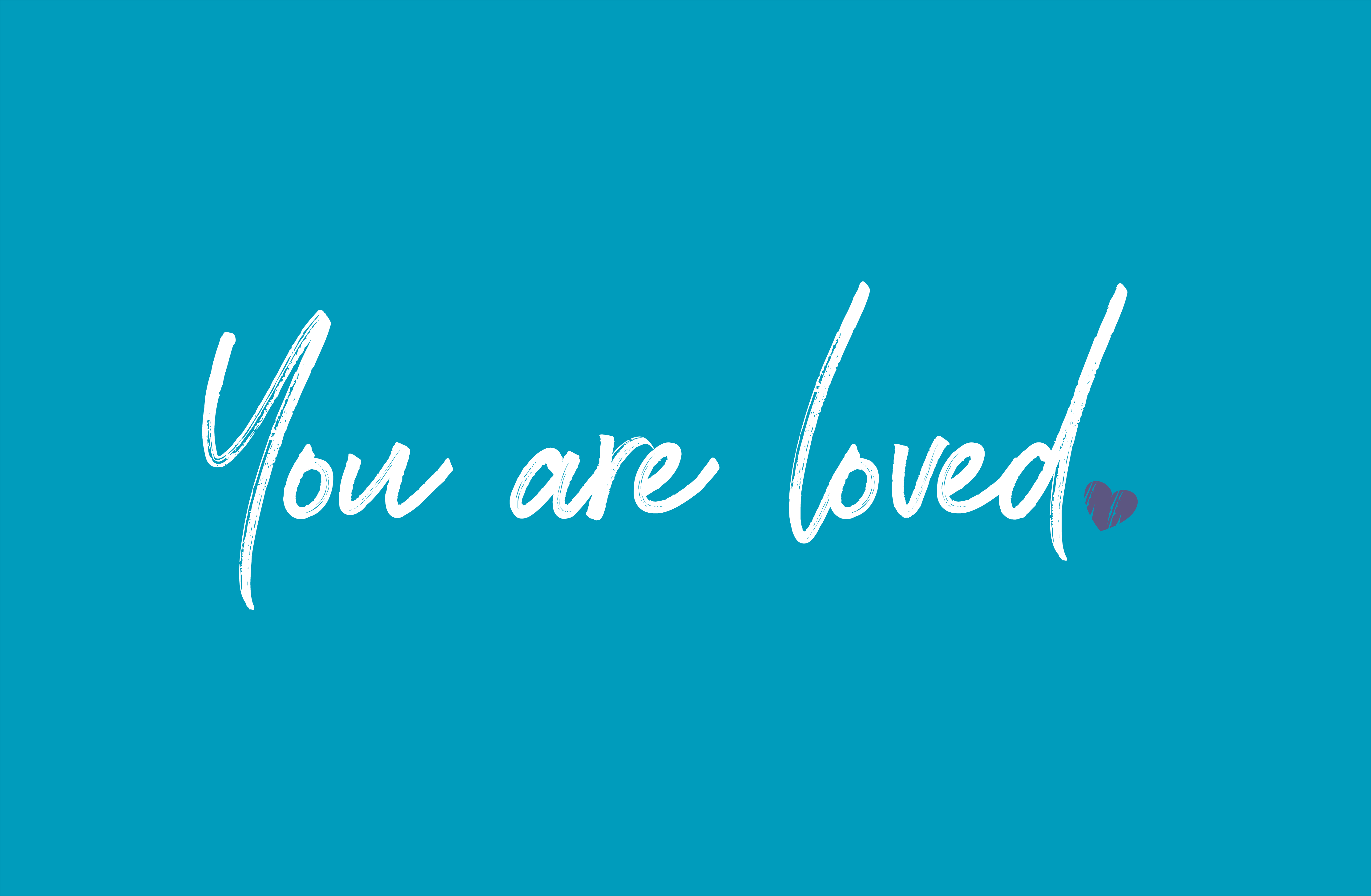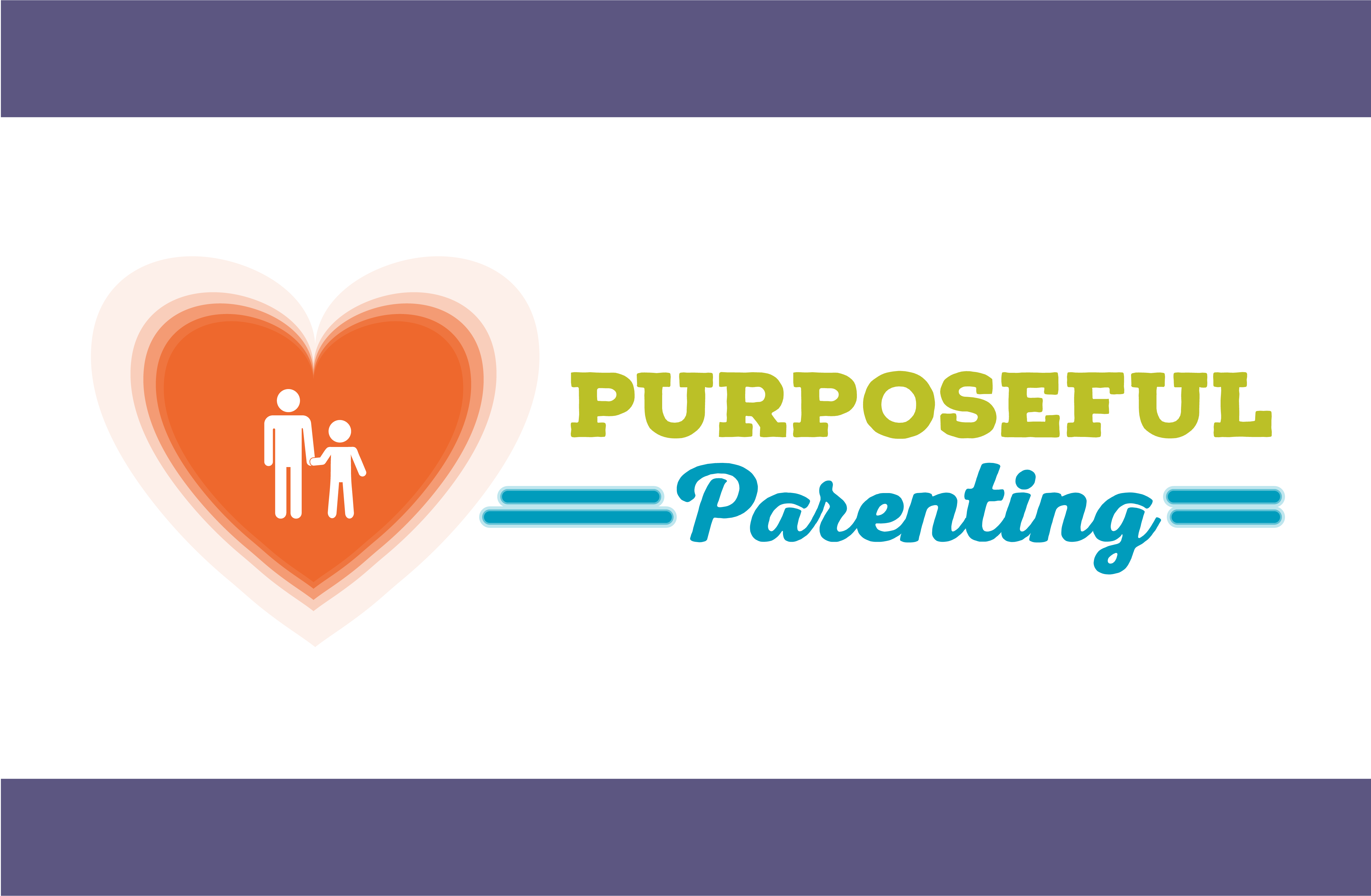
Check out what a member of our Youth Advisory Board has to say about talking with parents about sexuality.
We are all familiar with the infamously awkward and uncomfortable sex talk. You can recall the agonizing portrayal in movies where a child is sat down on the living room couch as their parents stand above them blundering their way through the dialogue. The ever so desperate attempt to avoid the awkward discussion of the “birds and the bees”. “The Sex Talk” is a notoriously taboo subject, which parents and kid alike have learned to fear. But the idea of “The Sex Talk” being a singular conversation, ignores the importance of the topic. How we take care of ourselves is so important and as parents, you offer us invaluable guidance. “The Sex Talk” should be an ongoing and open dialogue between kids and parents which should not only be about sex, but also relationships, sexuality, and body image to name a just few of the subjects.
I am lucky enough to have parents who recognize the importance of these conversations and from an early age have welcomed them. Knowing that my parents are always open to talk, free of judgment is very comforting. I have found that not judging and being honest, is so important in these conversations and ultimately makes them a lot more beneficial because it encourages us to talk openly. These conversations have never been an interrogation or a lecture, but a free and multi-sided dialogue. I think if you embrace the awkwardness, which is what my parents have done, and approach the conversations with an open mind, it will become easier and easier to talk to one another about uncomfortable subjects.
While my parents have always aimed to be honest with me, when they were asked the inevitable question, “How are babies made?” by five-year-old me, they, of course, did not explain the biology behind sexual reproduction because I would not have understood. But instead, they attempted to answer my question in a way that was age appropriate yet still forthcoming. Tailoring these conversations to where we are in life makes it a lot more relevant and meaningful. You don’t have to plan a date to have “The Talk”. Sometimes we may seek out your guidance, but other times you will have to recognize the teachable moments. The right time could be anytime— seeing an example of a toxic relationship in the media and explaining why the relationship is damaging; bringing up sexuality after you read an interesting article in a publication; or simply asking us how we are doing and offering your help if you notice we are struggling. I really appreciate how my parents are always open to having these conversations when it is relevant to my life and let me dictate the course of the discussion. It has made a notoriously uncomfortable talk, because if I am being completely frank, talking about sex and your personal life with your parents is not fun for anyone, into a more moderately bearable experience.
Over time these conversations developed into discussions about relationships with others, and not even specifically with romantic partners. Some of the most important conversations came when I struggled with friendships. I remember after moving schools, I had a particularly hard time making friends. In turn, I allowed not such great people into my life. While I recognize it was an extremely hard conversation for my parents to have with me because I definitely did not want to hear what they had to say, they sat me down and told me how these new relationships were negatively affecting me. This conversation turned out to be a very difficult one, but definitely one I needed.
Finally, conversations about sex or even just our personal lives will be awkward, but don’t let that scare you off. These conversations are so important and require your willingness to engage in them. Your knowledge and advice is extremely valuable and will ultimately help us make the best possible decisions for ourselves.
